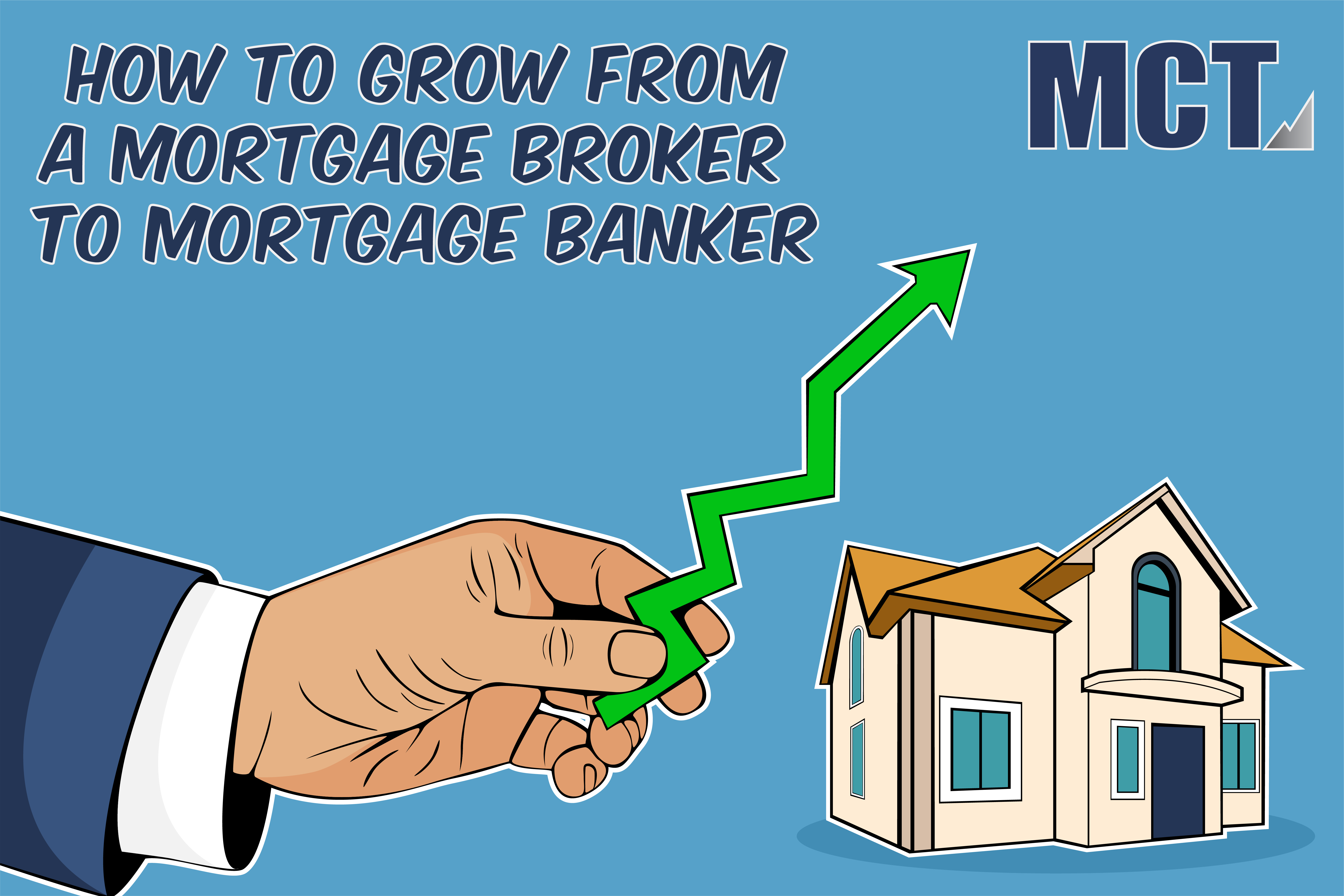Exactly how to Get approved for a Jumbo Loan and Get a High-end Home
Exactly how to Get approved for a Jumbo Loan and Get a High-end Home
Blog Article
Comprehending What a Jumbo Car Loan Entails and How It Varies From Standard Lendings
Browsing the complexities of jumbo financings discloses a funding alternative customized for those venturing right into high-value actual estate, normally exceeding the limitations set by the Federal Housing Financing Firm. The considerable risk associated with big fundings demands a lot more rigid credentials needs, consisting of higher credit report scores and considerable down payments.
Interpretation of Jumbo Lendings
Jumbo lendings are a sort of mortgage that surpass the adhering loan limits established by the Federal Real Estate Finance Firm (FHFA) These car loans deal with borrowers who need to fund residential properties that are extra costly than what conventional loan limitations permit. The FHFA establishes yearly adjusting financing limits, and any type of car loan going beyond these thresholds is categorized as a big lending.
Usually, jumbo car loans are made use of in high-cost realty markets where home prices dramatically surpass national averages, such as in cities or luxury housing industries. As these car loans are not eligible for purchase by Fannie Mae or Freddie Mac, they bring intrinsic dangers for lenders as a result of their bigger size and non-conformity (jumbo loan). Lending institutions frequently enforce a lot more stringent credentials criteria for big fundings than basic adjusting finances.
Consumers looking for big fundings should typically show a solid monetary account, consisting of a greater credit rating, durable income confirmation, and substantial down repayment, frequently 20% or even more. In addition, lenders may call for much more considerable documentation to examine the consumer's ability to handle bigger monthly repayments. Understanding the certain attributes of jumbo finances is essential for prospective debtors browsing this section of the home mortgage market.
Conventional Fundings Review
While big lendings deal with high-value building financing, conventional fundings stand for the even more usual home mortgage alternative in the real estate market. These loans are not insured or guaranteed by any government entity, such as the Federal Housing Administration (FHA) or the Department of Veterans Affairs (VA) Instead, they are backed by exclusive lending institutions and follow standards established by government-sponsored ventures (GSEs) like Fannie Mae and Freddie Mac.
Standard lendings are generally provided with repaired or adjustable rates of interest and differ in regards to duration, generally spanning 15 to 30 years. Borrowers often prefer standard financings for their foreseeable regular monthly repayments, which can help with long-lasting financial planning. Additionally, they are readily available for key homes, second homes, and investment homes, providing versatility to satisfy diverse debtor demands.

Key Differences Between Financings
At the center of this decision-making process are conventional loans and big finances, each having distinct characteristics and offering various customer needs. Big finances surpass the adhering lending restrictions established by the Federal Housing Money Company (FHFA), which vary by area.

Additionally, the down repayment demands can vary considerably. Big lendings typically need bigger down repayments, often going beyond 20%, to minimize threat. Standard loans, conversely, may allow for reduced deposits, with some programs accepting as little as 3% for qualified customers.
Credentials Needs
Safeguarding a big financing entails fulfilling extra rigid certification demands compared to conventional financings, showing the enhanced risk to lenders. These loans, which go beyond the adapting funding limitations established by the Federal Housing Finance Firm (FHFA), are not qualified for purchase by Freddie Mac or Fannie Mae, thereby revealing loan providers to greater economic danger - jumbo loan. Consequently, borrowers have to show a high creditworthiness and financial security
A robust credit history score, commonly 700 or greater, is important for authorization. Lenders likewise expect a reduced debt-to-income (DTI) ratio, commonly not surpassing 43%, ensuring that consumers can handle significant regular monthly settlements together with various other monetary commitments. A significant money get is usually called for, frequently amounting to 6 months of mortgage payments, to reassure loan providers of the debtor's monetary durability.
Down repayment assumptions are likewise elevated, often starting at 20% or more of the residential property's worth. While this is a guard for lending institutions, it demands substantial ahead of time resources from debtors.
Selecting the Right Financing
Browsing the intricacy of big lendings requires careful factor to consider when picking one of the most appropriate funding choice. With the broader variety of alternatives offered to those seeking big financings, the decision-making procedure ought to entail a detailed analysis of one's financial account and long-lasting objectives. Unlike traditional car loans, jumbo financings commonly come with more stringent demands and differed rate of interest, which necessitate thorough study and a clear understanding of one's financial standing.
When picking between various jumbo financing offerings, it is critical to assess the loan terms, consisting of rate of interest, settlement timetables, and associated fees. Customers must contrast the prices given by various lenders to ensure they secure the most favorable terms. Furthermore, comprehending the ramifications of dealt with versus adjustable-rate home loans (ARMs) is critical, as each option provides distinctive benefits and dangers depending upon market problems and original site personal monetary approaches.
Involving with a financial advisor or home loan broker can offer useful insights customized to specific scenarios. These experts can help in navigating the nuances of jumbo car loans, guaranteeing that customers are knowledgeable and furnished link to pick a loan that aligns with their financial purposes, inevitably assisting in a smoother home-buying procedure.
Verdict
In recap, big lendings act as a monetary instrument for acquiring high-value buildings, demanding rigorous qualification needs and greater rate of interest due to the elevated risk for lenders. Unlike standard loans, which satisfy FHFA limits and might obtain backing from Fannie Mae or Freddie Mac, jumbo lendings require a minimal credit rating of 700 and considerable deposits. Comprehending these distinctions is critical for consumers in high-cost property markets to figure out the most ideal financing choice for their requirements.
The FHFA establishes yearly adjusting car loan limitations, and any type of lending going beyond these limits is categorized as a jumbo car loan.
At the forefront of this decision-making procedure are conventional loans and big lendings, each having unique features and serving various debtor needs.Protecting a big financing includes meeting a lot more stringent credentials requirements contrasted to conventional finances, reflecting investigate this site the boosted threat to loan providers. Unlike standard car loans, big financings typically come with more stringent requirements and differed passion rates, which require thorough research study and a clear understanding of one's economic standing.
Unlike conventional fundings, which adjust to FHFA limits and might receive support from Fannie Mae or Freddie Mac, big lendings need a minimal credit scores rating of 700 and substantial down settlements.
Report this page